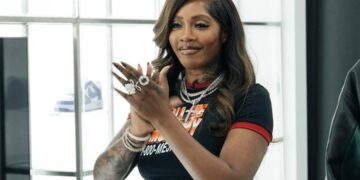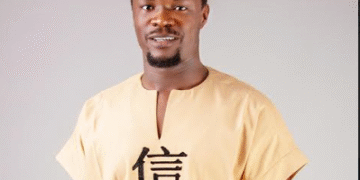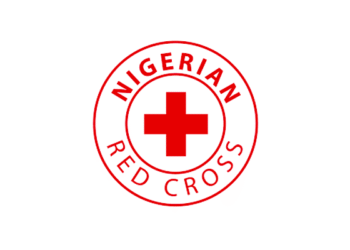With more than 37 million Nigerians lacking access to basic menstrual products, Diana Sierra, co-founder of Be Girl Inc., is calling for urgent action to address period poverty and promote menstrual equity across the country.
Speaking with The Guardian on International Menstrual Hygiene Day, Sierra stressed the importance of including menstrual health in Nigeria’s national health, education, and gender equity policies. She also urged long-term investments in local delivery systems to support women and girls more effectively.
“Right now, Nigeria doesn’t have a standardized national curriculum for menstrual health education,” Sierra said. “This leaves a major gap in how menstrual hygiene is taught and understood across schools and communities.”
Be Girl Inc., a global social enterprise focused on ending period poverty, is working to close that gap. The organization uses innovative product design, youth-centered education, and data-driven approaches to promote menstrual health. Their mission? To make sure every girl and woman has access to safe, sustainable menstrual care—and the knowledge to use it confidently.
Sierra outlined several key steps to achieving menstrual equity in Nigeria:
- Expand menstrual health education for both girls and boys
- Involve parents, teachers, and communities in breaking menstrual taboos
- Improve access to safe, affordable, and reusable products
- Strengthen menstrual health systems at both local and national levels
She noted that the draft National Policy on Menstrual Health and Hygiene Management is currently going through regional reviews. Once adopted, it will serve as a much-needed roadmap for how the country handles menstrual health moving forward.
Be Girl Inc. has already partnered with governments and donors in countries like Mozambique, Angola, and Ivory Coast, co-creating national menstrual health curricula with education and health ministries. These programs have become the backbone of public efforts in those countries—and they’re hoping to do the same in Nigeria.
The organization recently launched its Nigerian operations with a baseline study to better understand local needs. One of their standout efforts—the Menstrual Health Project in Makoko—helped girls and boys gain the language, tools, and confidence to better understand menstruation. Still, Sierra pointed out that many challenges remain, including stigma, inconsistent product access, and a lack of long-term support systems.
Be Girl’s product line includes innovative and reusable options like:
-
PeriodPanty – underwear with a built-in pocket to hold absorbent materials
-
FlexiPad – a reusable pad
-
FitCup – a medical-grade silicone menstrual cup with a sterilization case
They also offer the SmartCycle menstrual tracker and educational toolkits, which help girls learn about their cycles and fight misinformation. Importantly, Be Girl also supports NGOs, UN agencies, and governments with data collection and analysis to track progress and make the case for wider support.
“Our goal is to reach over one million girls and women across 36 countries—most of them in Africa—with sustainable products and education,” Sierra said.
As they expand in Nigeria, Be Girl Inc. hopes to work closely with the Federal Ministry of Women’s Affairs and other partners to ensure no girl is left behind because of her period.



![Viral House Party Video Sparks Conversation on Changing Social Norms Among Nigerian Mothers [Watch Video]](https://kumornews.com/wp-content/uploads/2026/02/Viral-House-Party-Video-Sparks-Conversation-on-Changing-Social-Norms-Among-Nigerian-Mothers-Watch-Video-1-360x180.jpg)














